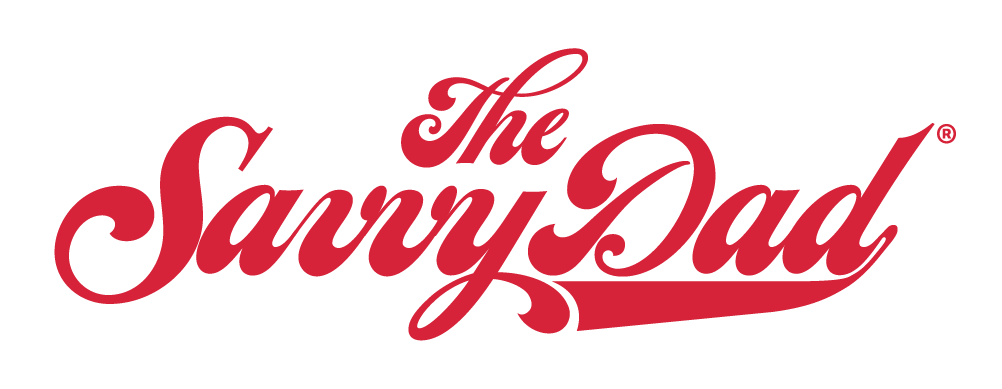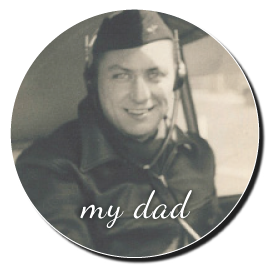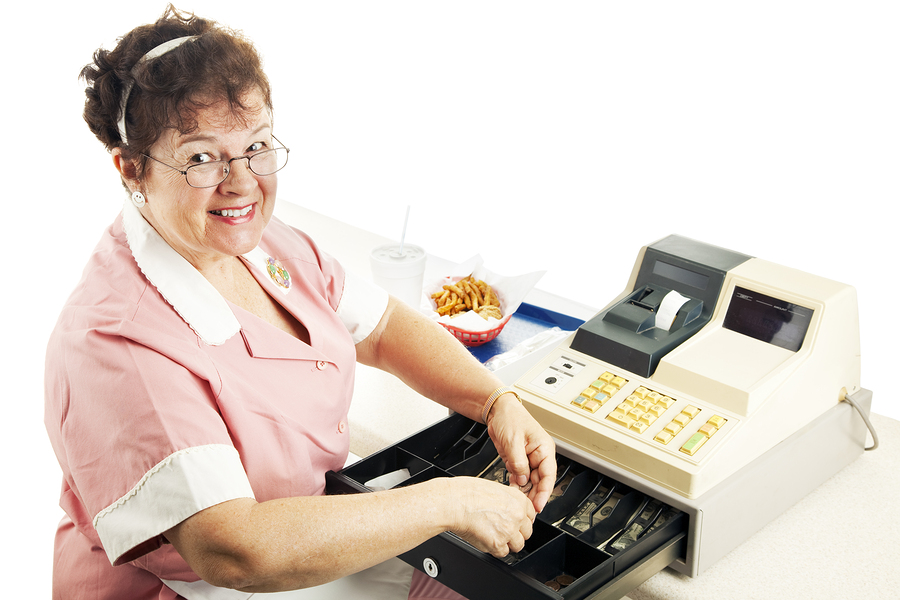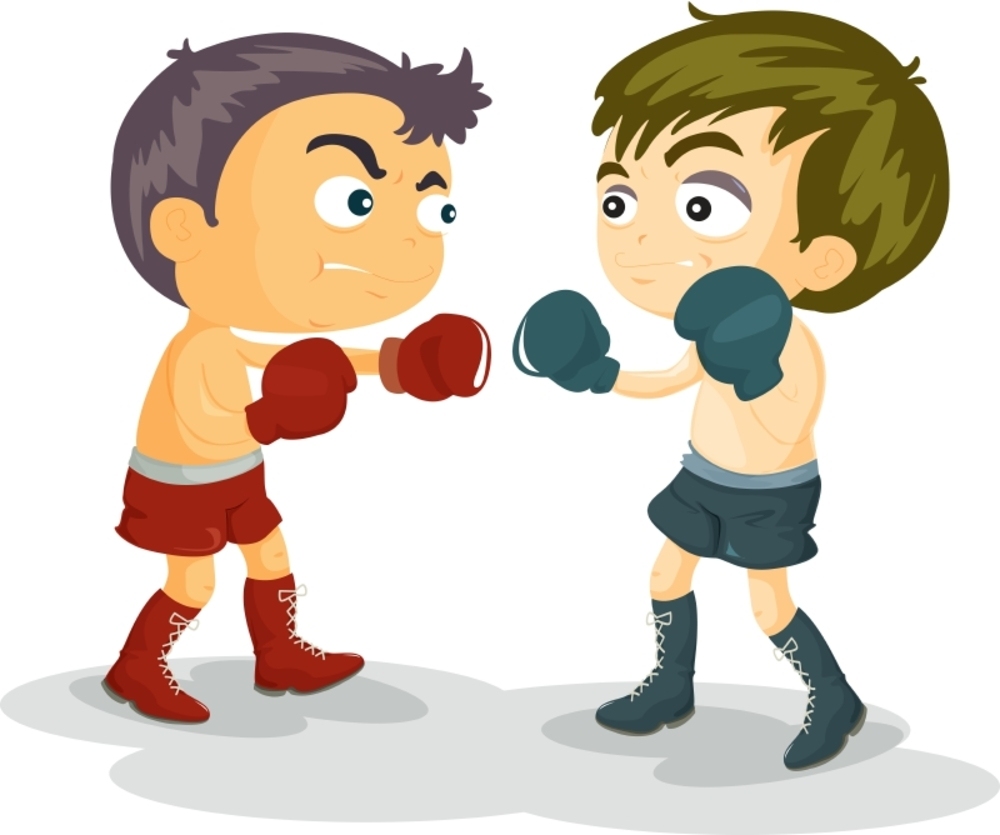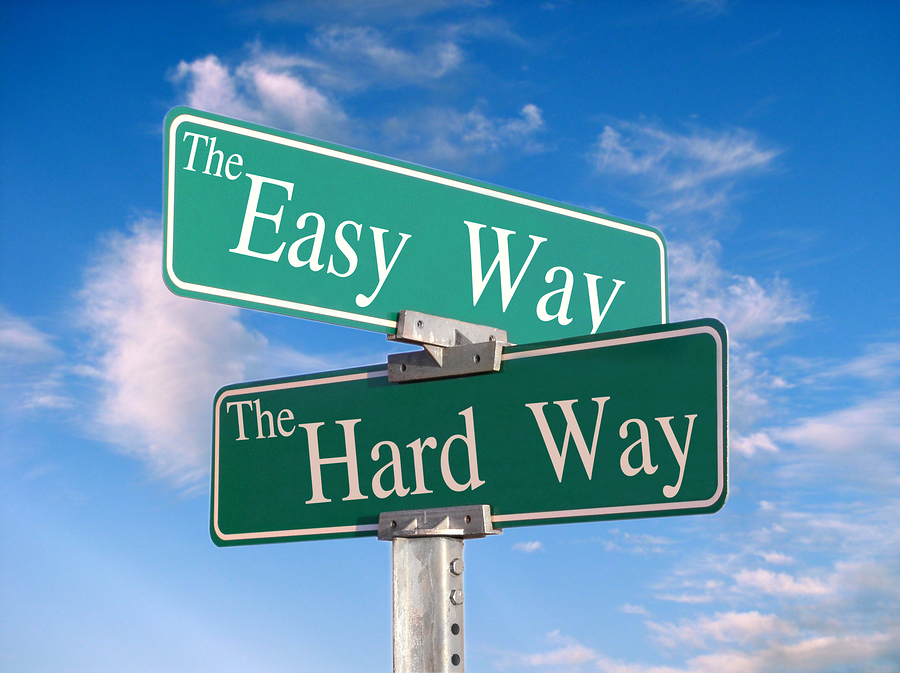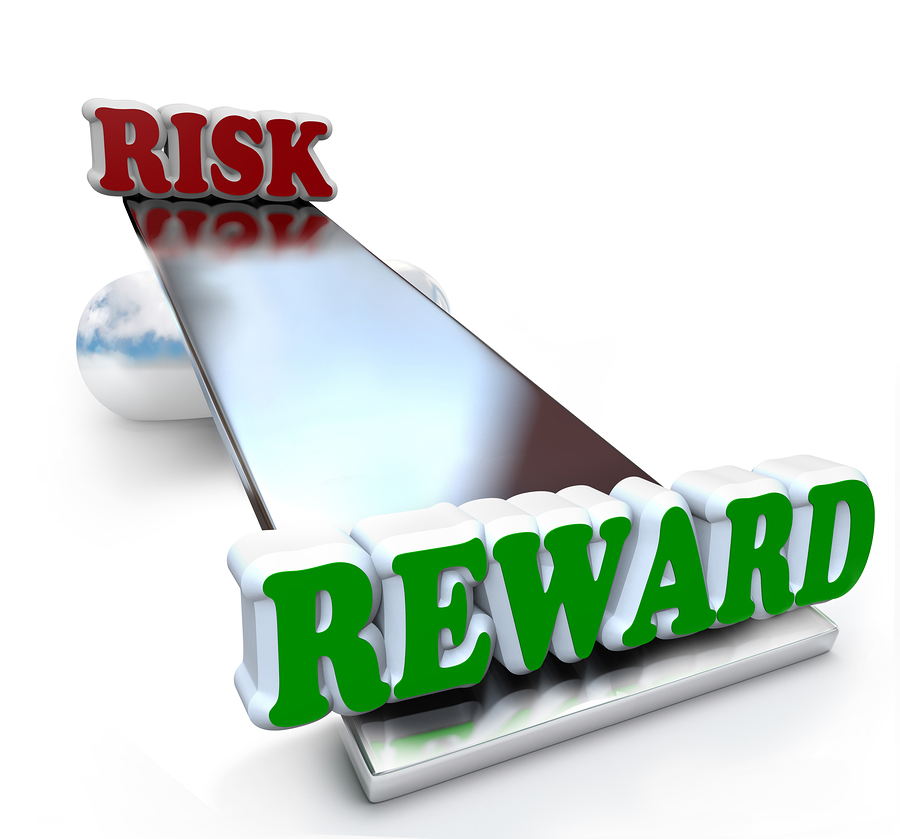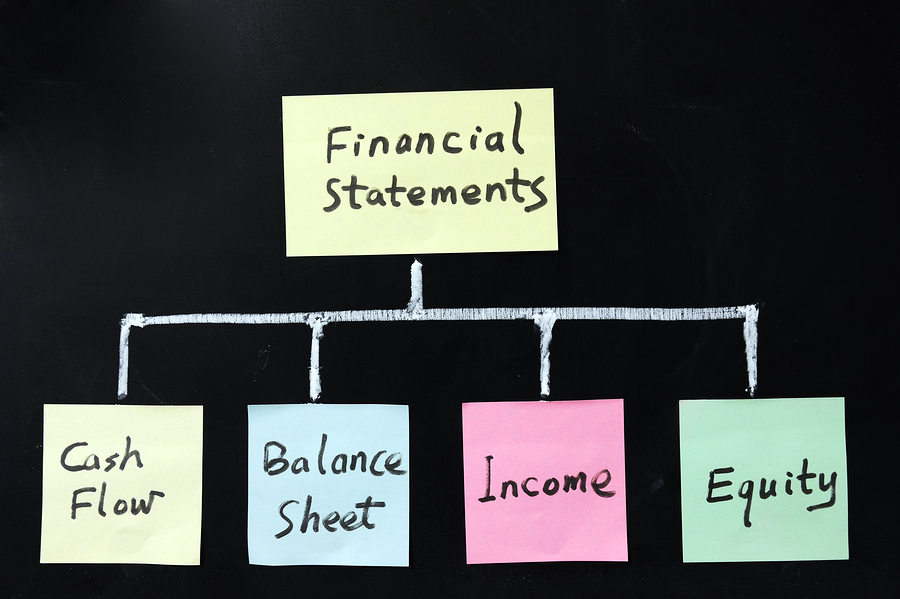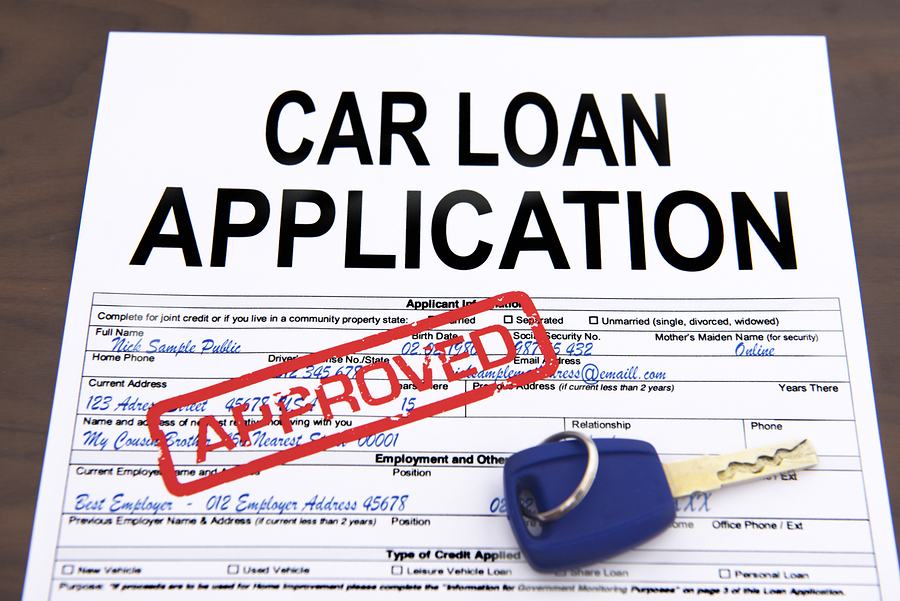by Greg Hague
Life lessons from Chubby (my dad) and other smart folks I’ve met on the road.
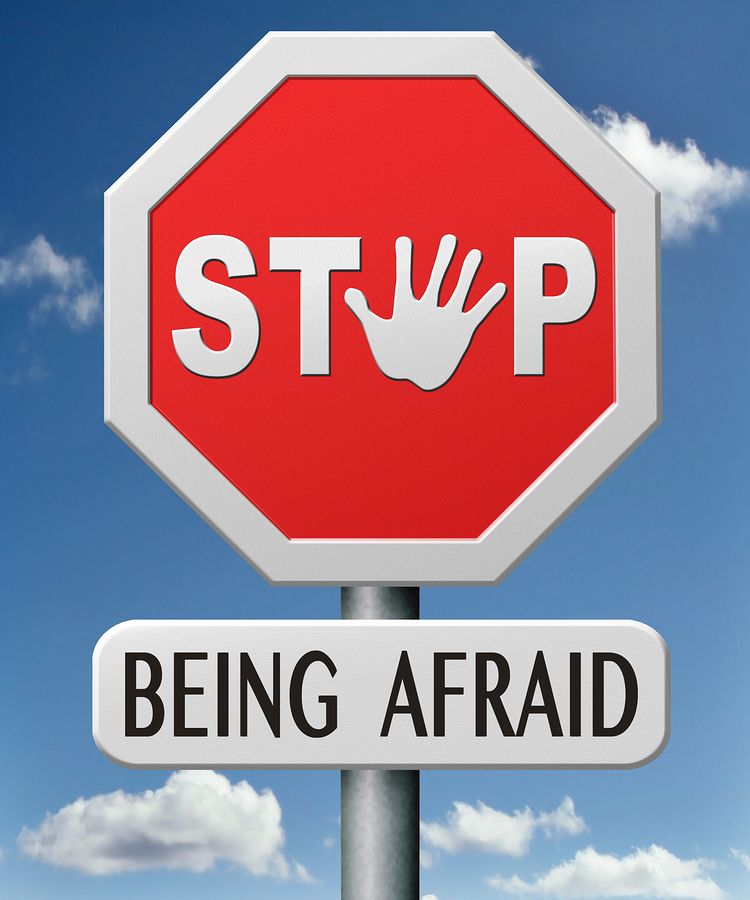
“We fear things in proportion to our ignorance of them.”
– Christian Nestell Bovee
The fear was beyond comprehension. I could hardly breathe. Why was Dad making me do this? Life was already bad enough. He was being incredibly mean.
The past few months had been utter misery. Billy Rogers, a kid in my class, made it his life’s mission to torture, taunt, insult, injure and embarrass me every day. I was his prey. A bully extraordinaire, he made my life hell in every way. He recruited other kids to join in.
I dreaded weekday mornings. I knew Billy was waiting for me at school. YOU probably used to look forward to recess. Not ME! Back then teachers rarely supervised the playground. Billy had full reign over me. He never let up.
“Never be bullied into silence. Never allow yourself to be made a victim. Accept no one’s definition of your life; define yourself.”
-Harvey Fierstein
So there we were. A gray, icy cold winter morning in Cincinnati, Ohio. Dad and I had left the house early.
We sat in the car, ice on the hood, engine idling, parked in the circular drive in front of Miami Hills Elementary School.
This was Dad’s plan, not mine. We’d wait for the bus with Billy on board. When the door swung open, I’d be standing on the curb, poised and ready to beat him up bad.
Chubby had given me strict instructions. When Billy stepped off that bus I’d punch him in the face as hard as I could. I’d knock him to the ground, jump on top, and keep flailing until I was dragged off.
Have you ever been so afraid that your body seemed to act on its own? Where you felt like you were looking at yourself from afar – wondering what would happen, how bad it would be?
That was me! It was surreal. I felt a combination of fear, numbness and mental fog as I sat next to Dad in the car that morning. I’d never known terror like this.
I remember hoping Billy missed the bus, had gotten up late, was home in bed sick . . . anything to prevent what was about to be.
Then my nightmare appeared. Bus number 12, Billy’s. I quickly climbed out of Dad’s car and hurried over to the bus door.
The kids started to file out. Then Billy appeared, looking down on me from the top of the steps. His face turned ugly and mean. He paused, looked with scorn into my eyes, and said something like, “Hey fat boy, what did ya’ eat so much breakfast you couldn’t waddle fast enough to make the bus?”
Little did Billy know, he had just made an egregious mistake. My fear disappeared. Billy stepped off the bus right into my fist. He hit the ground. I jumped on, flailing as hard as I could. The rest is a blur.
I remember kids gathered ‘round, cheering . . . for me? Go Hague, get him! Within seconds the bus driver jumped down and pulled me off. It was over in a flash.
As promised, Dad was right there. He grabbed my hand, ignoring the bus driver. He seemed oblivious to the commotion as he walked me to the principal’s office.
I sat outside for probably an hour while Dad and the principal had a rather aggressive exchange. When Chubby walked out, he told me I would be staying at school that day.
The principal apologized for what I’d been through. He walked me to class to let my teacher know it was OK that I was late.
As I walked to my desk, a girl smiled; I remember a boy gave me a “good for you” nod. When I sat down, the kid at the next desk whispered, “Way to go, Hague!” And one more thing . . . Billy never bothered me again.
Did Chubby do the right thing? Politically correct? Not today.
But that was over 45 years ago. My father could see how devastated I was, the terrible effect bullying had on his son.
This story isn’t meant to be just about the horribleness of bullying. And, it’s certainly not an endorsement of violence as a problem solver. Heck, I’m a lawyer who even discourages lawsuits. I believe sensible people should be sensible enough to solve problems in sensible ways.
So what’s the point, the big lesson I learned that icy cold day?
I need to take responsibility for anything that affects ME.
Not Dad. Not school. Not society. If it affects me, I’m responsible.
And one other thing.
Don’t let fear keep me from doing what needs to be done. Billy needed a fist in the face. He deserved it 10X. That’s what he got.
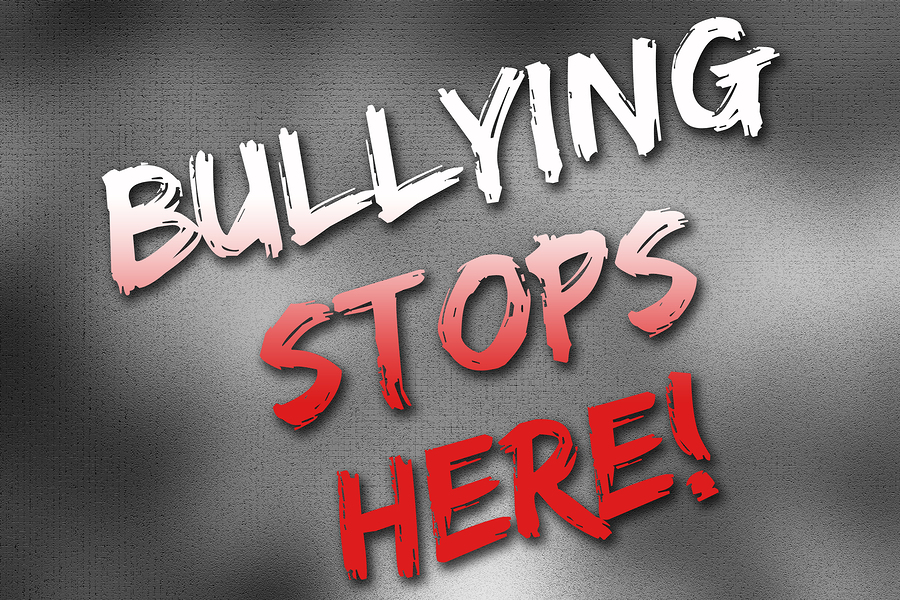
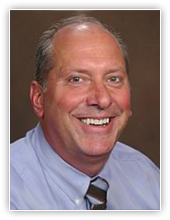 uce Helmer has been in the financial services industry since 1983 and co-founded the financial advisory firm Wealth Enhancement Group in 1997. His new book, Real Wealth, is receiving great reviews. You can check it out here:
uce Helmer has been in the financial services industry since 1983 and co-founded the financial advisory firm Wealth Enhancement Group in 1997. His new book, Real Wealth, is receiving great reviews. You can check it out here: